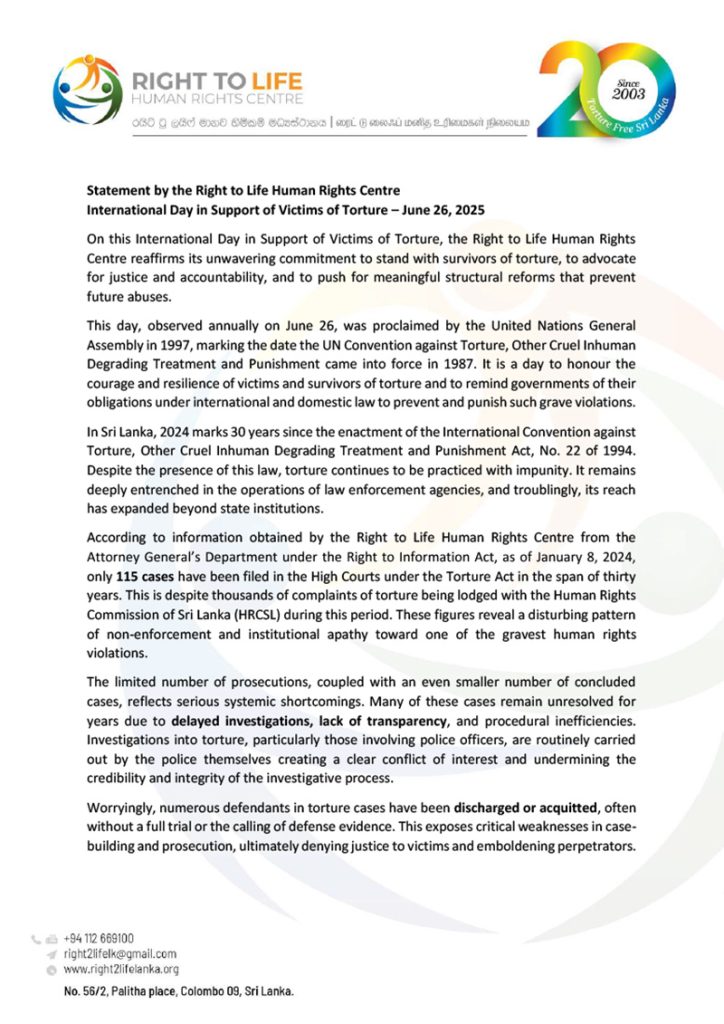In a recent analysis of the Anti-Terrorism Bill (ATA) gazetted in September 2023, attorney-at-law Ermiza Tegal highlighted that there are minimal substantive differences between this version and the earlier one from March 2023. Tegal’s examination reveals that the core contentious features of the March 2023 ATA remain intact in the September 2023 ATA.
The key concerns with the legislation include:
- A broad definition of terrorism that could potentially target dissent, expression, assembly, and association.
- Extensive powers granted to the police, armed forces, and coast guard, allowing them to arrest, search, question, and seize.
- Police authority to transfer suspects from remand custody to police custody based on a Deputy Inspector General’s order.
- Senior Superintendents of Police (SSPs) can apply for sweeping orders against the public, which could restrict movement, travel, rallies, and even suspend public transport.
- Expansive powers vested in the President, including proscription abilities, seeking restriction orders, declaring curfews, designating prohibited areas, running rehabilitation programs, and broadly empowered to make regulations and issue directions.
While there have been some minor alterations in the September 2023 ATA, in response to criticism of the previous version, these changes do not significantly improve the situation in terms of potential for abuse and human rights violations:
- The death penalty has been removed as a punishment, which was introduced in the March 2023 ATA but was not part of previous anti-terrorism legislation.
- Magistrates now have the authority to discharge a suspect if there is no justification, but only if there is no Detention Order (DO) in place. This introduces some level of judicial review.
- The power previously granted to Deputy Inspector Generals (DIGs) to issue Detention Orders has been transferred to the Secretary to the Ministry of Defence, aligning it with the previous Prevention of Terrorism Act (PTA).
- The duration of the original DO has been reduced from 3 months (in the March 2023 ATA) to 2 months in the September 2023 ATA, although it can be extended with a Magistrate’s approval and a confidential report.
- The President’s appointment of a Board of Review for DO appeals has been eliminated in the September 2023 ATA, which was not considered effective. However, Magistrates still lack the authority to review DOs, and the only recourse for individuals is to apply to the Supreme Court, which may not be accessible or timely for many.
In conclusion, the concerns raised about the March 2023 ATA Bill appear to persist in the September 2023 version. Notably, the State has not provided a clear rationale for the necessity of such a law, raising concerns that it may be primarily aimed at curbing protests and dissent. Additionally, there is a lack of provisions addressing compensation and redress for wrongful use of this law, despite documented instances of abuses under the PTA.




